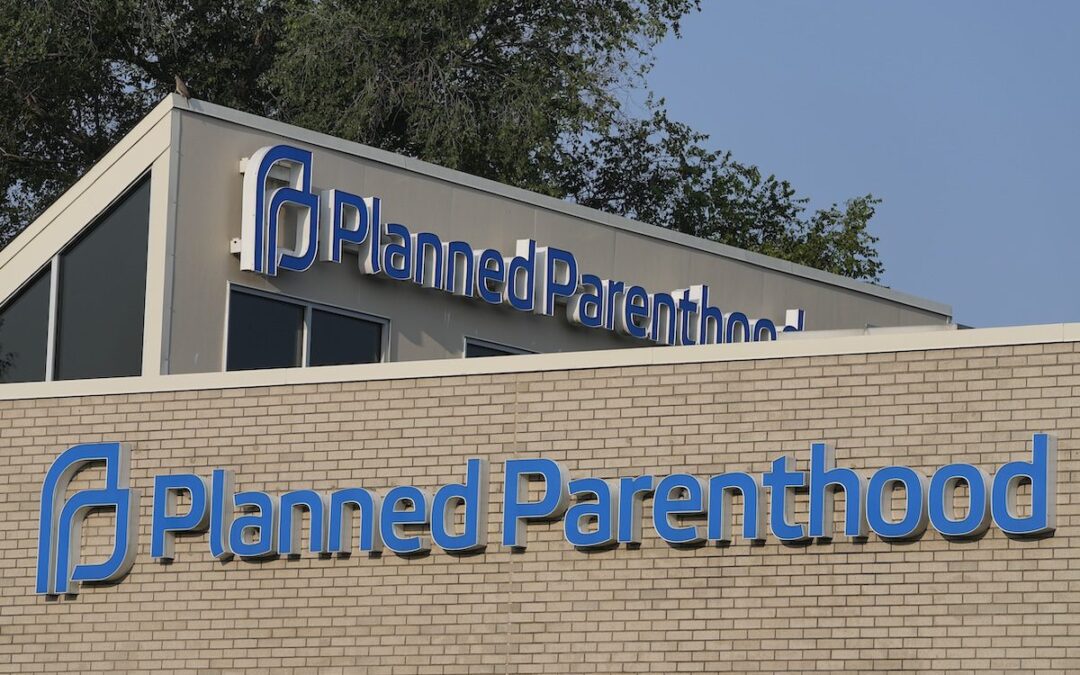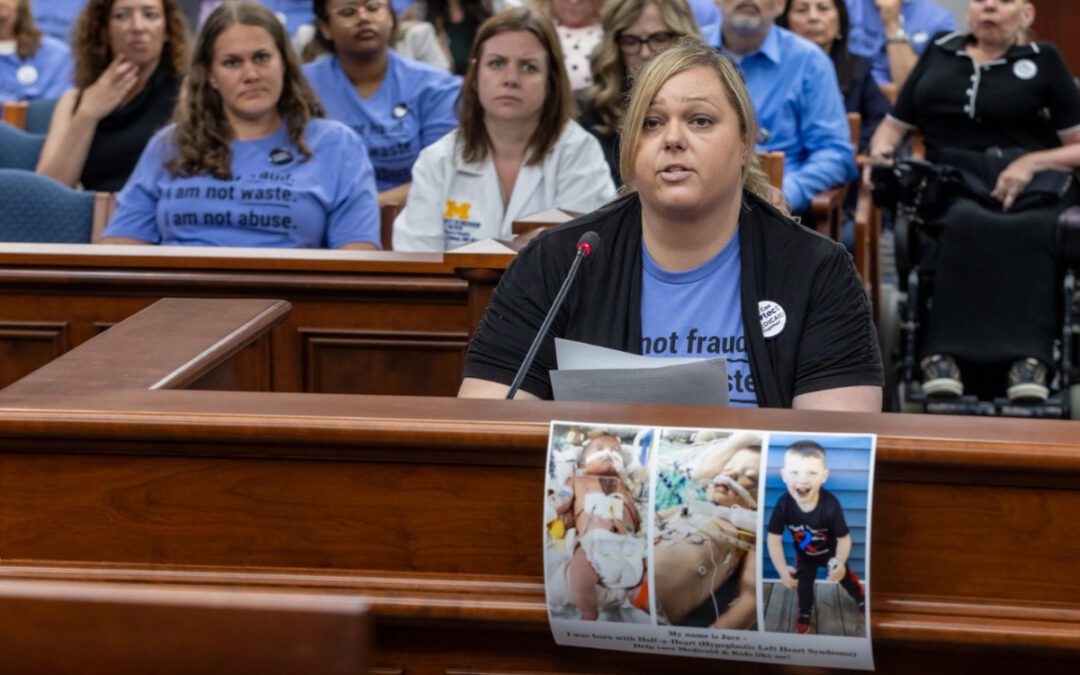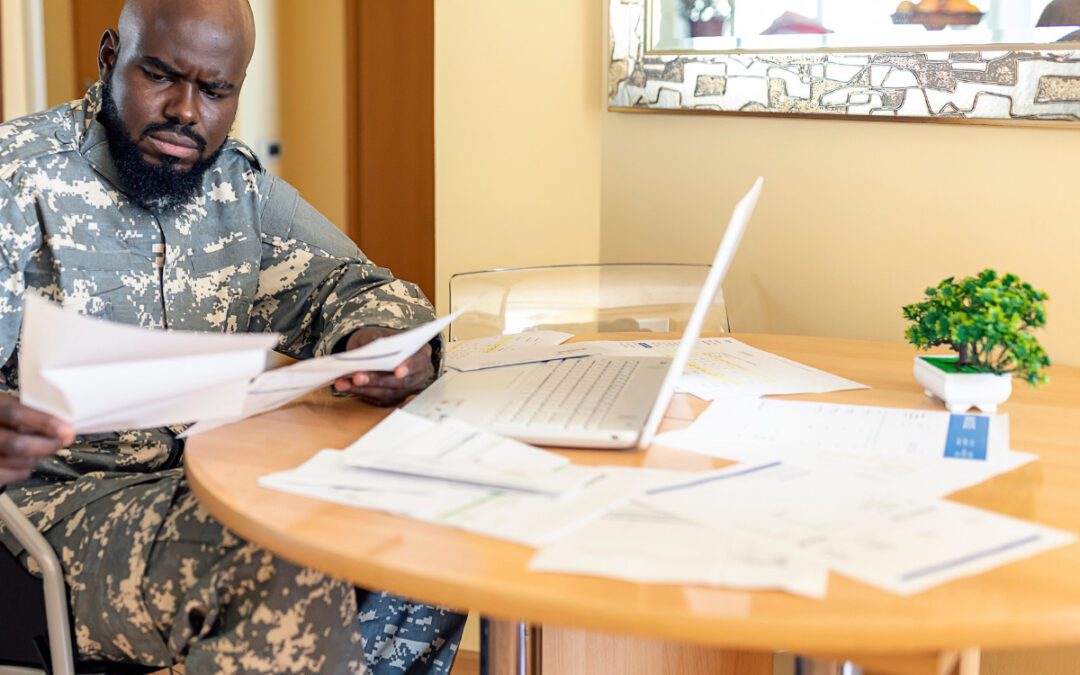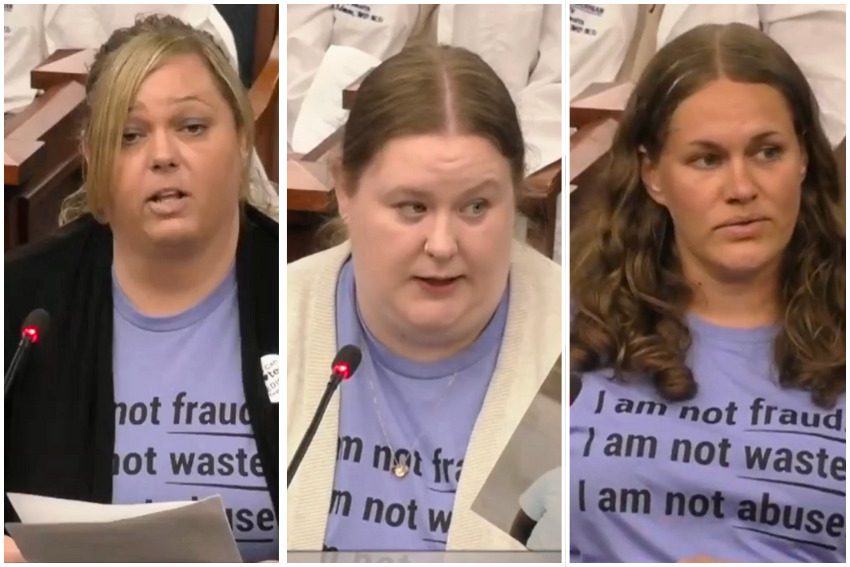
In an op-ed, Cynthia Vincent of Stronger Together Huddle in Monroe highlights the impact of sexual health education.
This op-ed was first published in the Monroe Evening News.
Have you had ‘The Talk’ with your teenager? Sexual health conversations with your teens can be challenging. Setting the stage for these discussions establishes strong values and bodily autonomy and makes healthy relationship choices.
Broaching this topic with my own teens was one of the toughest experiences as a parent. It took a few short chats to establish trust that there would be no judgment and there’s no such thing as a dumb question.
Sexual health education isn’t just a female issue. There were plenty of frank discussions with the teenage male persuasion in our household as well. Anatomy and physiology of reproduction is the tip of the iceberg. Don’t forget pregnancy, birth control, sexually transmitted disease, peer pressure, anxiety, depression, drugs, alcohol, ‘no means no,’ isolation and rape.
If you’re the parent of a child questioning their gender identity, tell them ‘I will love you and listen.’ Abstinence continues to be the 100 percent guaranteed preventative to unplanned pregnancy and sexually transmitted diseases.
Parents start early on educating younger children about Stranger Danger including ‘good touch — bad touch’ scenarios and ‘run and tell.’ These are concepts that continue into adulthood.
Our schools play a vitally important role in bringing sexual health education to our kids.
On Jan. 5, Washington Local Schools Superintendent Kadee Anstadt announced in a Channel 13 ABC News interview that the school system will refuse to implement the recent state of Ohio sexual health education guidelines requiring teaching students having children conceived out of wedlock is likely to have negative consequences for the child, child’s parents and society. Anstadt pledged refusal to teach that certain family structures are a detriment to society stating, ‘I will never tell a child that where they come from determines their outcome. Never. We are here to lift them up and help them to be successful no matter what.’
To my ears, this sounds like placing reproductive responsibility entirely on the female and the public shaming that came along with being an unwed mother of times long ago. Looking back to the ‘60s before Roe v. Wade, sexual health education was not considered in public school and any discussion at home was viewed as giving permission to the kids to have sex.
Birth control was available only to married women and abortion was illegal with a high mortality rate price tag. Only drug addicts and streetwalkers and toilet seats carried STDs. If a young woman or girl found herself ‘in trouble,’ she could expect to have brought shame to her family. If she was lucky, she could finish school. You were damaged goods. The neighborhood gossips would chew her like gum. The choices would be to disappear to a distant relative’s home or facility for unwed mothers until birth and then surrender the child for adoption. You went home and pretended that nothing happened. Meanwhile, your male counterpart was free to share his version of ‘working on the night moves’ with his buddies.
The State of Michigan doesn’t require schools to offer Sexual Health in their curriculum. However, it is required to present HIV/Aids prevention. Based on public information I found from two area school districts, it looks like honest and efficient curriculum is being presented. They are promoting abstinence and healthy, responsible choices. Parents are able to preview materials and opt out of their child’s participation.
In 2020, Monroe County Department of Health reported 1,100 cases of chlamydia, a sexually transmitted infection in the 15- to 19-year-old age group, both male and female. Updated statistics were unavailable.
According to the Michigan Department of Health and Human Services in 2020, the city of Monroe ranked 3rd out of five cities with a population less than 60,000 to have the highest birthrates in females aged 15-19 years. There was a decline in 2021. In 2022, the rate was down to 15.4 per 1,000 in the same age group. Teens are listening.

States can cut off Medicaid funding to Planned Parenthood, the Supreme Court rules
The ruling authored by Justice Neil Gorsuch and joined by the rest of the court's conservatives could have broader implications for Medicaid...

Report: Trump-backed Medicaid cuts to strip health care from 500,000 Michiganders
A Michigan Senate committee released the findings this week—just as the US Senate eyes legislation that would slash hundreds of billions of dollars...

Opinion: How Trump’s medical debt policy hurts people like me
With a rule to remove medical debt from credit reports on hold, this Michigan veteran is calling on Trump to act. I’m an Army veteran who willingly...

Slotkin blasts Trump’s plan to strip Americans of their healthcare at packed town hall in Lansing
US Sen. Elissa Slotkin and Congresswoman Kristen McDonald Rivet are warning about a Republican-backed budget that would gut Medicaid, raise health...

‘A catastrophe for my family’: Michigan moms, doctors beg Republicans not to gut Medicaid
Parents, doctors, and health officials are warning that proposed federal Medicaid cuts would threaten children’s lives and dismantle essential...






